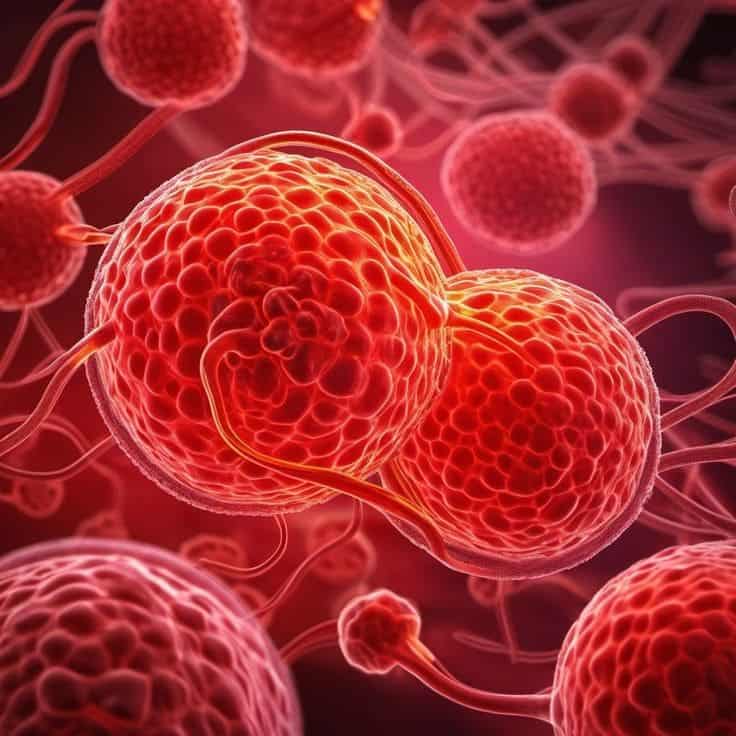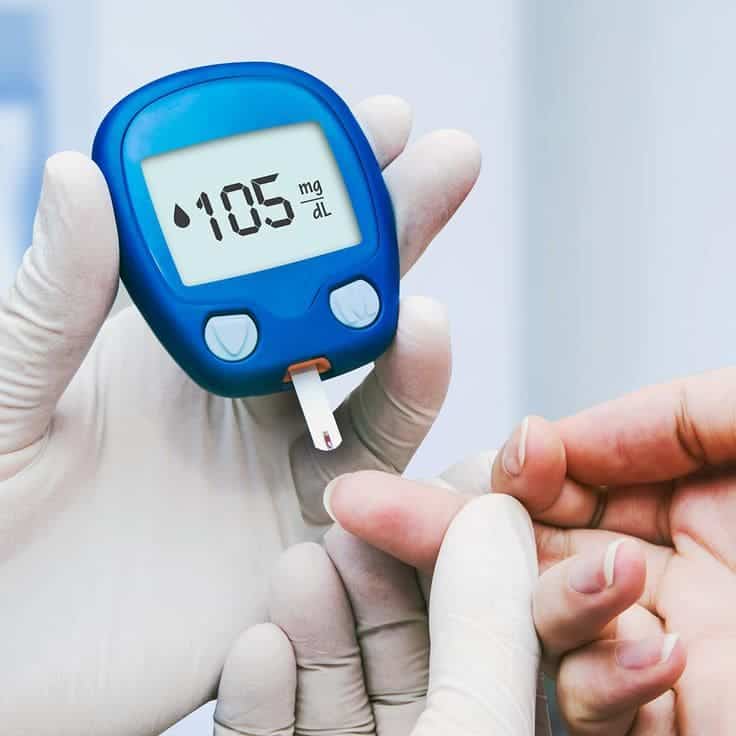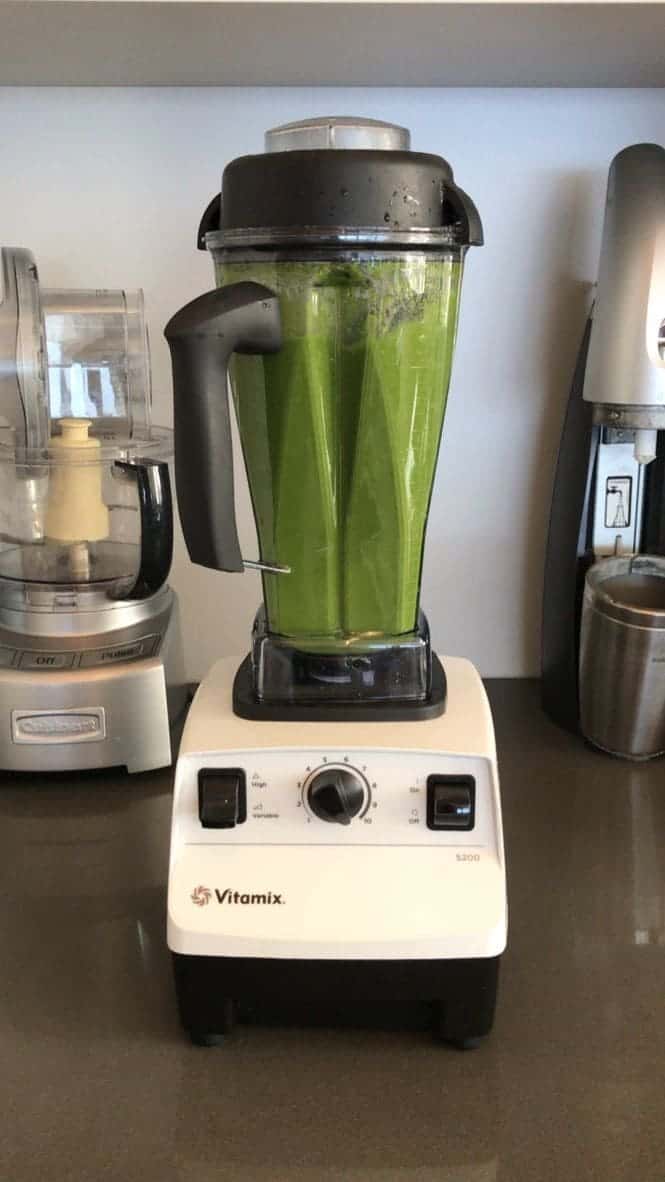Neem (Azadirachta indica), known as the “village pharmacy,” is a medicinal tree native to India and Southeast Asia.
Its leaves, with their distinct bitter taste, are packed with therapeutic properties and have been a staple in Ayurvedic medicine for centuries.
From boosting immunity to addressing skin issues and managing chronic conditions, neem leaves are a natural powerhouse of health benefits.
#1. Boosts Immunity
Neem leaves are loaded with antioxidants like quercetin and vitamin C (about 80 mg per 100 grams of leaves), which neutralize free radicals and enhance the body’s immune defense.
Studies in the Journal of Ethnopharmacology demonstrate that neem leaf extracts increase immune response, making them particularly effective in preventing common colds and infections.

#2. Purifies the Blood
One of neem’s most acclaimed benefits is its ability to purify the blood. By flushing out toxins and improving circulation, neem leaves promote healthier skin, stronger organs, and improved energy levels.
Chewing neem leaves on an empty stomach is a common Ayurvedic practice for detoxification. This simple habit can reduce the risk of chronic diseases caused by toxin buildup.

#3. Promotes Radiant Skin
Neem leaves are a treasure for glowing, blemish-free skin. They combat acne-causing bacteria, soothe inflammation, and reduce scars.
In addition, their antioxidants (including vitamin C and quercetin) promote collagen production, which helps repair and rejuvenate the skin.

#4. Manages Blood Sugar Levels
Neem leaves are a natural remedy for managing diabetes. They help regulate blood sugar levels by improving insulin sensitivity and reducing glucose absorption in the intestines.
Research shows that consuming neem leaf juice lowers fasting blood sugar levels and reduces HbA1c levels, making it a valuable tool for diabetics.

#5. Enhances Oral Health
Neem leaves are widely used in traditional dental care for their antibacterial and antifungal properties. They prevent plaque buildup, treat gum infections, and combat bad breath.

#6. Soothes Digestive Issues
Neem leaves aid digestion by reducing inflammation in the gastrointestinal tract and neutralizing harmful bacteria. They are especially effective in treating ulcers, constipation, and bloating.
A study in Phytotherapy Research highlights neem’s ability to reduce gastric acid secretion and prevent damage caused by excess acidity.
#7. Reduces Inflammation and Joint Pain
Neem leaves contain nimbidin, a compound with potent anti-inflammatory effects that make them ideal for managing arthritis, muscle pain, and other inflammatory conditions.
Besides, a topical paste made from neem leaves provides immediate relief for inflamed areas, while consuming neem tea helps address chronic pain over time.

#8. Protects Against Infections
The antimicrobial properties of neem leaves make them a natural defense against bacterial, viral, and fungal infections.
Their ability to fight pathogens like E. coli, Candida albicans, and even certain viruses makes them a valuable remedy for preventing and treating infections.
#9. Promotes Hair Health
Neem leaves are a natural solution for dandruff, dryness, and hair fall. Their antifungal and antioxidant properties cleanse the scalp, stimulate hair follicles, and promote stronger, shinier hair.

#10. Supports Liver Health
Neem leaves play a vital role in detoxifying the liver. They reduce oxidative stress, improve bile secretion, and help flush out toxins from the liver.
A study in Phytomedicine revealed that neem leaf extracts protect liver cells from damage and improve enzyme levels, making it an effective natural detoxifier.
How to Use Neem Leaves
Neem leaves can be used in various forms:
- Neem tea: You can boil 10–15 leaves in water and drink once daily.
- Neem juice: You just blend fresh leaves with water and consume 20–30 ml daily.
- Neem paste: Apply a crushed leaf paste for skin and joint issues.
- Neem hair rinse: If you want to enhance your hair, use neem leaf water as a final rinse to promote scalp health.

Precautions and Side Effects
While neem leaves are highly beneficial, you need to avoid them during pregnancy and breastfeeding as it may cause complications.
In addition, you should consult a doctor if you have diabetes, low blood pressure, or liver disorders.
Disclaimer
This article is for informational purposes only and is not a substitute for professional medical advice.
Always consult a healthcare provider before using neem leaves, especially if you have underlying health conditions or are pregnant or breastfeeding.







